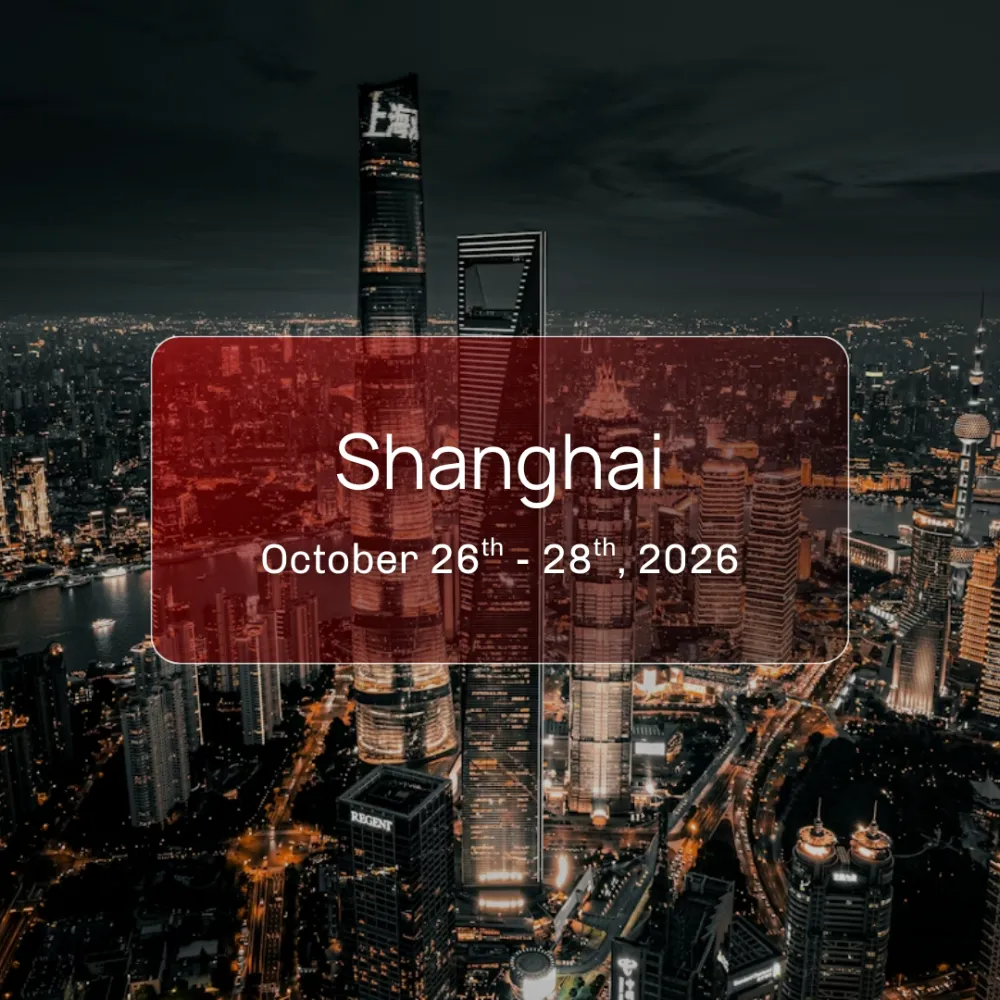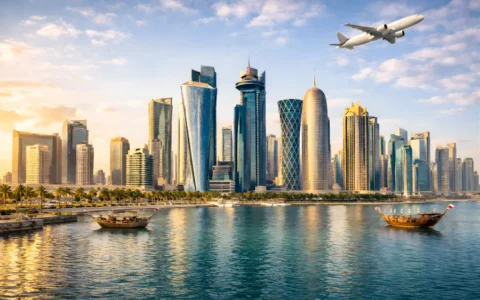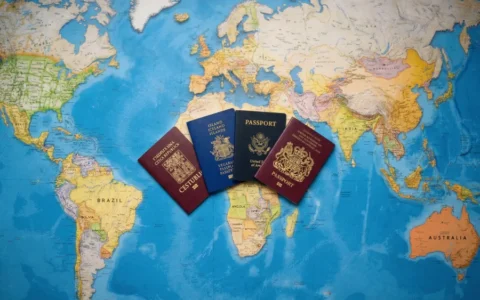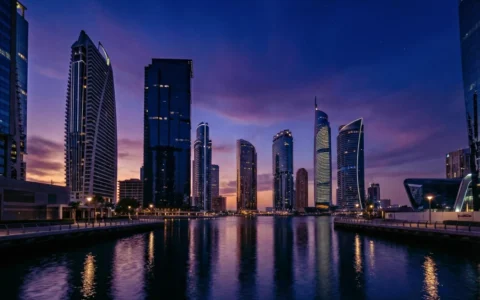Jing Wang, an associate of former Maltese Prime Minister Joseph Muscat, has been implicated in a corruption scandal involving Cyprus’s controversial ‘golden passports’ scheme. Wang, whose Malta company hired Muscat as a consultant after he left office, has been named as a defendant in a legal case related to ex-Cypriot Minister Marios Demetriades. The case revolves around allegations of corruption and money laundering tied to Cyprus’s now-defunct program that granted citizenship in exchange for significant investments.
Wang, the owner of a global investment firm called Delsk, has significant interests in Malta, primarily through his involvement in promoting the country’s ‘golden visas’ program to wealthy Chinese nationals. His company, through its Maltese partner, Destination Europe, offers residency permits that allow for visa-free travel across the European Union. Destination Europe’s director and other parties are also facing charges in the Cyprus case. As a result, all residency applications from the company are currently on hold, pending further investigation.
While Muscat has distanced himself from the allegations in Cyprus, his past financial ties with Wang have raised concerns in Malta. Payments made to Muscat by Wang’s company have been flagged as suspicious by Maltese authorities, largely due to the vague nature of Muscat’s consultancy role and the potential for conflicts of interest. Muscat, who resigned as prime minister in early 2020 amid a separate corruption scandal, had been working with Wang’s firm since late 2020 on a €5,900-per-month contract.
The scandal in Cyprus involves Marios Demetriades, the former transport minister, who has been charged with bribery, corruption, and money laundering related to the golden passports scheme. Demetriades allegedly accepted payments to expedite the citizenship application of a Chinese national. Wang’s company, JWPegasus, is accused of benefiting from a €2.5 million payment as part of this arrangement. Both Demetriades and Wang have denied any wrongdoing. Wang’s legal team maintains that the €3.6 million transfer between companies he owns was lawful and that the accusations are baseless, claiming they stem from business competitors attempting to damage his reputation.
Muscat has stated that he has never had any business dealings in Cyprus and is not involved with the companies facing charges there. His lawyer, Charlon Gouder, serves as the licensed agent for Destination Europe in Malta. Financial documents show that the payments to Muscat were flagged as suspicious by Maltese authorities, with concerns that his consultancy role could involve leveraging his relationships with government officials to influence Malta’s residency and citizenship programs.
The case is another troubling development for Muscat, who is already under investigation in Malta for his role in a separate hospital privatization deal, which has been described as fraudulent.
Wang’s ties to Muscat began after the former prime minister left office. Wang’s company, JWP Malta, hired Muscat as a consultant to provide advice on global residency and citizenship programs. However, Maltese authorities have expressed concern over the vagueness of Muscat’s contract and the relevance of his expertise to the consultancy work he was hired to perform. This has led to suspicion that Muscat may have been hired for his connections and influence rather than his professional skills.
A magisterial inquiry into a separate corruption case involving Muscat’s government has also recommended an investigation into payments he has received since stepping down as prime minister. Investigators are looking into whether any of these payments are linked to decisions made by his government regarding projects, grants, loans, or permissions granted to companies like Wang’s.
Adding to the controversy, Wang’s company Delsk was subject to an exclusivity agreement with Shanghai Overseas Chinese Exit-Entry Services, which required them to pay a €10,000 cut on every Chinese Delsk client who applied for residency in Malta. This agreement ended in 2021, and Muscat has denied any involvement in the contract.
Wealthy Chinese nationals have been major customers of Malta’s residency scheme, often using it as a backup plan in case they needed to leave China. The program allowed them to travel visa-free throughout the EU while maintaining a second home in Malta. Wang’s company reportedly handled nearly half of all Chinese applications for Maltese residency between 2016 and 2021.
Interestingly, Wang himself attempted to acquire Maltese citizenship in 2015 but was rejected after authorities conducted due diligence. Although the reasons for the refusal are unclear, Wang later obtained a Cypriot passport.
As legal proceedings continue in Cyprus, the case will likely shine further light on the controversial golden passport schemes that have drawn criticism in both Malta and Cyprus for their potential misuse by wealthy individuals seeking European citizenship or residency.
This article was produced in collaboration with investigative organizations including the Daphne Caruana Galizia Foundation and the Organized Crime and Corruption Reporting Project (OCCRP).








